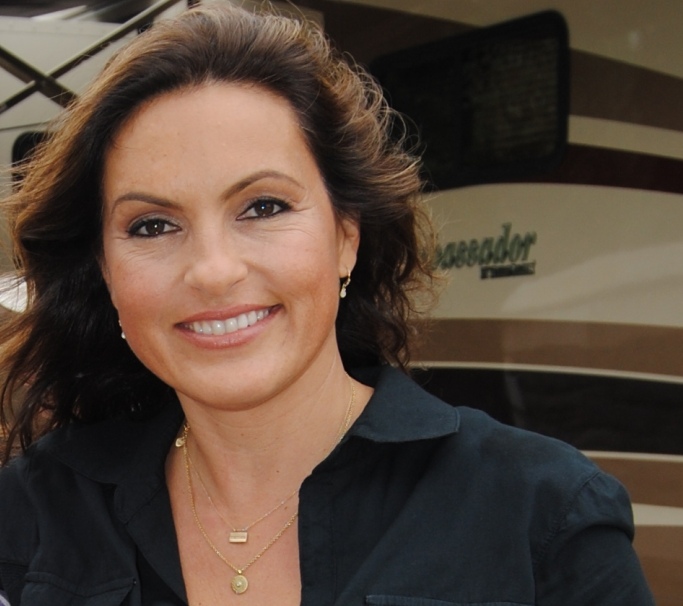
When Mariska Hargitay began playing Olivia Benson, a sex crimes detective on NBC drama series “Law and Order: SVU” in 1999, she was exposed to lots of alarming statistics about sexual violence in the U.S. She received thousands of letters from survivors sharing their stories as the show grew in popularity. So in 2004, she decided to launch Joyful Heart, a charity to help victims of sexual assault.
Little did anyone know, she was a victim herself.
On Wednesday the actor published an essay in People reflecting on her own experience with sexual assault for the first time publicly.
“A man raped me in my thirties,” she wrote in the introduction. “It wasn’t sexual at all. It was dominance and control. Overpowering control.”
Hargitay described being unable to process what had happened, especially because her attacker had been someone she considered a friend. In fact, it was so difficult to process that she decided to minimize it as much as she could in the coming years, constantly rejecting the label “survivor.” She wrote that her husband even recalled her saying, “I mean, it wasn’t rape.”
When she founded Joyful Heart, she publicly discussed her mission of helping sexual assault victims work through their trauma. But privately, she was navigating her own healing process. “Now I’m able to see clearly what was done to me,” she wrote. “I understand the neurobiology of trauma.”
Twenty years after its launch, Joyful Heart has blossomed into a leading national organization that offers programs such as survivors’ retreats and support groups. It regularly runs campaigns to promote education and advocacy related to a range of causes, from eliminating rape kit backlogs to fostering positive, healthy masculinity.
Hargitay even produced the Best Documentary Emmy-award winning HBO film “I Am Evidence” in 2017, which follows the stories of survivors whose rape kits went years without being tested. Joyful Heart acted as the film’s lead social action campaign partner.
“I was building Joyful Heart on the outside so I could do the work on the inside,” she wrote. “I think I also needed to see what healing could look like.”
Another thing that helped her move past her trauma was her role on “Law and Order: SVU.” She recalled the letters and messages she received from survivors who have watched the show, who said Hargitay gave them strength.
“But they’re the ones who’ve been a source of strength for me,” she wrote. “They’ve experienced darkness and cruelty, an utter disregard for another human being, and they’ve done what they needed to survive. For some, that means making Olivia Benson a big part of their lives – which is an honor beyond measure – for others, it means building a foundation. We’re strong, and we find a way through.”
She closed her essay by reflecting on how it feels to be turning 60 this month, stating that she feels grateful for where she is now, despite the trauma she has dealt with. “I’m renewed and I’m flooded with compassion for all of us who have suffered,” she wrote. “And I’m still proudly in process.”



